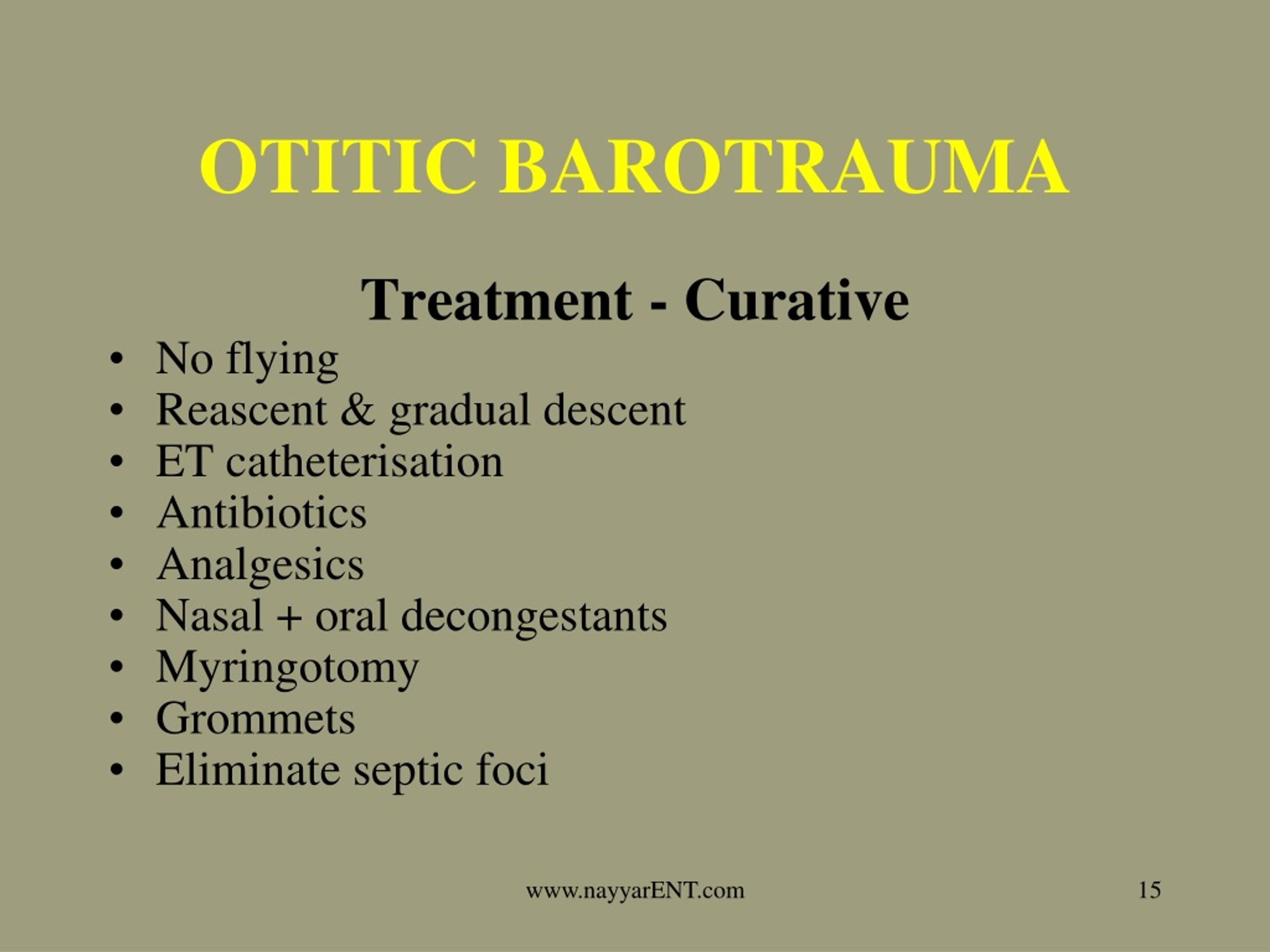
You may also experience dizziness or loss of hearing on that side. Pain is the most common symptom of eardrum rupture after hitting the ear or side of the head on the water. Hitting the water at high speeds during high intensity water activities such as wakeboarding, water skiing, and tubing can result in a hole in the eardrum, or tympanic membrane perforation. Treatment often includes medicated ear drops as well as a simple procedure to clean debris from the ear canal using suction in the office. If you start to develop symptoms of otitis externa after water exposure, contact our office for an appointment. Alcohol or “swimmers ear drops” should also be avoided. Avoid using Q-tips or putting anything deep inside the ear canal in an attempt to dry it. You can use a tissue or towel to gently pat excess moisture from the outside of the ear canal. These can be purchased over the counter or custom ear plugs can be made for you at our office.ĭry the ears: After water exposure, gently shake the head to each side to let any water drip out. Water protection: Wearing ear plugs or swim headbands that cover the ears help prevent water from entering the ear canal. Luckily there are simple ways to protect the ears to prevent swimmer’s ear from occurring. Swimmer’s ear can cause pain redness and swelling of the outer ear canal. It is most common in the summer when humidity levels are high and with increased water exposure from activities like swimming. This creates a moist environment that allows bacteria or fungi to grow, resulting in infection. Swimmers ear, or otitis externa occurs when water gets trapped in the ear canal for long periods of time. Luckily with the right prevention many of these conditions can be avoided, and treated if needed. While water activities can be a great way to relax or have fun, they can sometimes lead to water induced ENT issues such as swimmers ear, perforated eardrums, or barotrauma. Summer is just around the corner, and as temperatures heat up it can be a great time to get outside and enjoy activities like swimming or water sports.

Allergy Testing And Treatment Center Overview.Upper Airway Resistance Syndrome (UARS).


Nasal Polyps (Endoscopic Polyp Removal).These medications however can wear off at depth, possibly leading to complications on ascent. Some divers use nasal sprays or oral medications to temporary shrink swollen mucus membranes and aid sinus and middle ear equalisation. This not only makes clearing difficult, but it may prevent it altogether. The mucus membrane will retain fluid and swell, narrowing the pathways to the sinuses and the Eustachian tubes.

It may indicate a pre-existing problem, most commonly from infection or allergies. If you could not equalise during a previous dive then you should not be diving until the problem is resolved. If you still can’t equalise you will have to endure the pain in order to reach the surface.


 0 kommentar(er)
0 kommentar(er)
